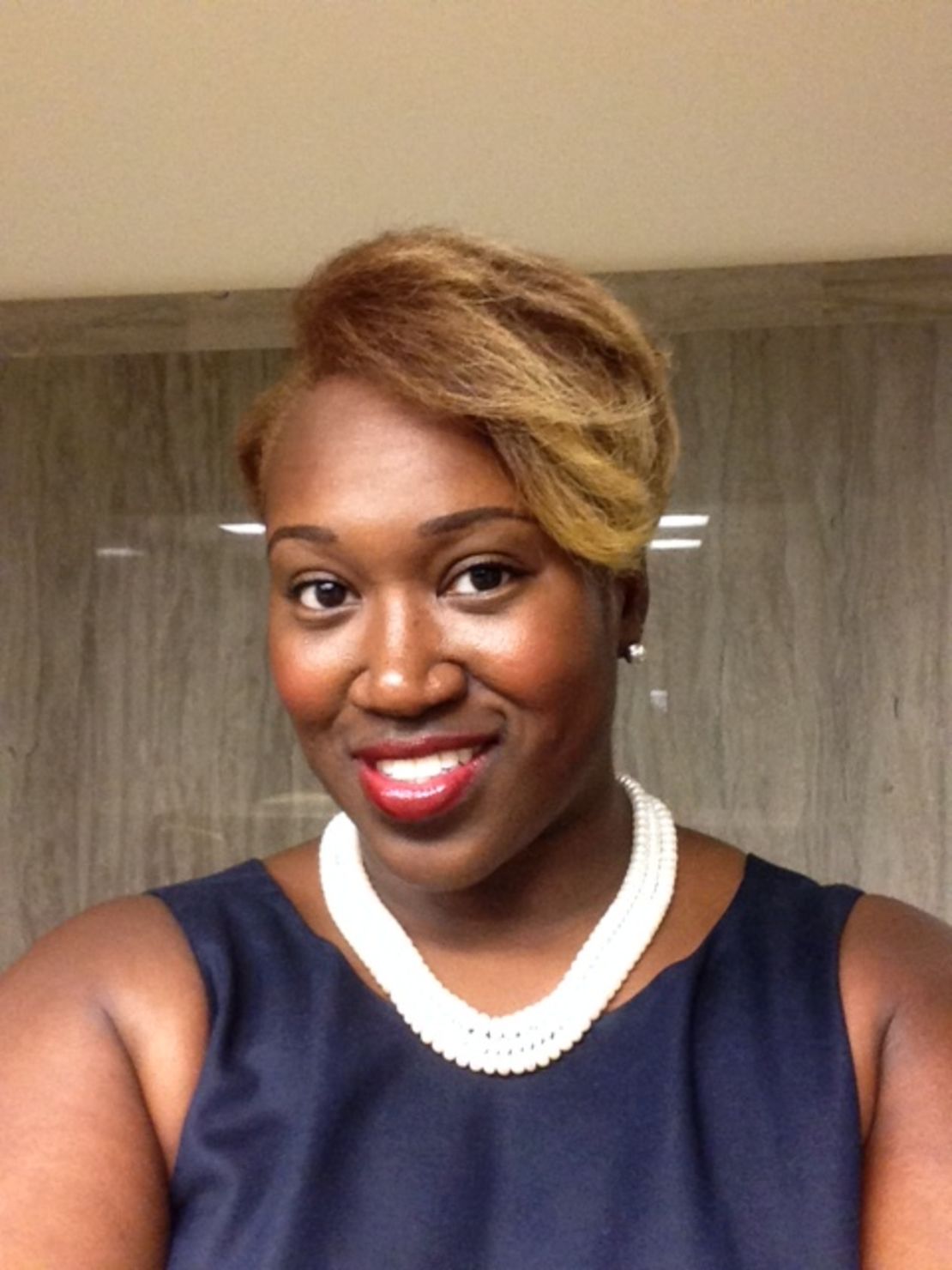Editor’s Note: Safiya Jafari Simmons is CEO and chief strategist of SJS Consulting, a Washington public relations consulting firm. She is communications director for the Congressional Black Caucus, the Center for Policing Equity and other clientele. She has been a press secretary to U.S. Rep. Elijah E. Cummings, D-Maryland. She lives in Washington with her husband, a police officer, and their three children. The opinions expressed in this commentary are solely those of the author.
Story highlights
Safiya Jafari Simmons say her husband is a police officer and she's raising a black boy
Simmons says the Ferguson verdict dredges up deep internal conflict for her
As a police officer's wife, she can't support the outraged black community or justice system
I dreaded the Ferguson grand jury response for weeks. Not simply because I knew it was likely to lead to more heartache and unrest for the black community – my community – but because it would most certainly dredge up deep internal conflict for me.
I’m raising a black boy to be a black man. So the grand jury’s decision seems to double down on a pattern in this country of killing black boys without care or consequences.

But I’m raising my black son with my black husband, who also happens to be a police officer in Washington. And being the wife of an officer means I can’t support either camp fully – neither the outraged black community nor the justice system sworn to protect us.
When my husband first donned his uniform nearly 10 years ago, I told him clearly and directly: “You do whatever you must to come home to me.” Nearly a decade and three children later, he’s heeded that order, navigating the dangers that only populate my nightmares – just to make sure he comes home.
The irony isn’t lost on me. I know what the research says. I know that this country often denies agency to African-American boys, and that they’re often seen as a threat just by virtue of their skin color.
Opinion: Justice system unfair to minorities
But in moments such as this, it’s the denial of agency to law enforcement officers that angers me.
All cops aren’t bad. All cops aren’t racist. Many cops have spouses and children. They have loved ones and friends and pets. They leave all this every day to place themselves in harm’s way for people they never meet.
They love their communities. They want the law of the land to work as it’s supposed to. They don’t like to see children hurt, people taken advantage of. They are people doing a job that few are brave enough to take on.
So when I heard St. Louis County Prosecuting Attorney Robert McCullough describe how Michael Brown allegedly lunged at Officer Darren Wilson in his police car, I knew it was likely that my husband could have responded the same way: shoot to disable the threat. Do what he must to make it home to us at night.
This is part of my reality. It’s how I process these incidents now.
But it was also my reality when, as we sped home to relieve our sitter one night, my husband and I were pulled over by a police officer on a dark, wooded parkway in Virginia. And I watched my husband, an officer for nearly 10 years, immediately turn off the car, turn on all the interior lights, place the keys on the dashboard and put his hands on the steering wheel.
Opinion: Ferguson shows failure at every level
He turned to me, calmly and coolly, and said, “Get our insurance card out. Don’t make any sudden moves, and leave your hands on your lap.”
I froze. I teared up, and fear welled up as a lump in my throat. Because that night, before he was an officer, my husband was a black man. Like Michael Brown and Trayvon Martin and Oscar Grant.
These conflicting parts of my reality are why the South Carolina state trooper shooting earlier this year isn’t, to me, a black-and-white case of excessive force used by white law enforcement on an unarmed black teenager. And it’s why I’ve not waded into the debate waters on Michael Brown either.
Because I need my husband and his colleagues to make it home. Every night.
So I can’t “like” many of the stirring posts I scroll through on Facebook or Instagram or Twitter. I can’t post my own rants of outrage at the failings of our justice system, nor can I post any statement that might be interpreted as in support of the Ferguson officer. Not because I can’t connect to them or feel them on some level, but because it’s complicated.
And complicated in a way that no one seems to respect or acknowledge or care to understand.
Read CNNOpinion’s new Flipboard magazine.


























